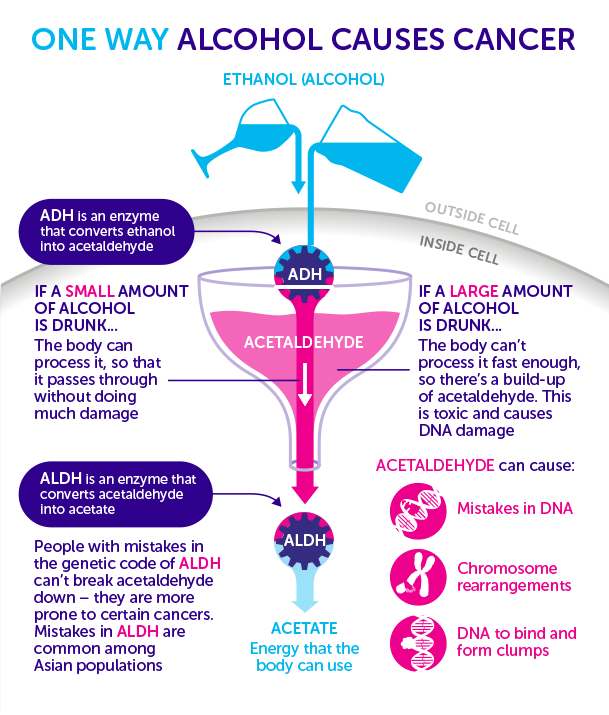Shedding light on the enigma: Unveiling the secrets behind alcohol metabolism and its effect on beer-induced intoxication.

Image courtesy of Engin Akyurt via Pexels
Table of Contents
Grab a pint and join us as we embark on a scientific journey to answer the age-old question: How many beers does it take to get drunk? There’s always been a certain fascination surrounding alcohol and its effects on our bodies. While some people can handle multiple beers without feeling drunk, others may find themselves feeling intoxicated after just a couple of sips. So, let’s dive deep into the science of alcohol metabolism, individual tolerance levels, and the various factors influencing intoxication.
Alcohol Metabolism: The Science Unveiled
Alcohol metabolism is a complex process that involves the breakdown and elimination of alcohol from the body The liver plays a critical role in metabolizing alcohol, thanks to the activity of specific enzymes. These enzymes, mainly alcohol dehydrogenase and aldehyde dehydrogenase, work together to convert alcohol into acetaldehyde and then into acetate, which is ultimately broken down into carbon dioxide and water.
The rate at which alcohol is metabolized varies among individuals. Men generally have a higher concentration of alcohol-metabolizing enzymes in their liver, allowing them to process alcohol faster than women. Additionally, the size and composition of one’s body can influence alcohol metabolism. Individuals with higher body weight, more muscle mass, and a larger liver tend to metabolize alcohol more efficiently, requiring a greater quantity of alcohol to feel its effects.
Individual Tolerance Levels: The X Factor
When it comes to alcohol consumption, individual tolerance levels play a crucial role. Tolerance refers to the ability to withstand the effects of alcohol without becoming intoxicated Genetic factors play a significant role in determining an individual’s tolerance level. Some people naturally produce more of the enzymes responsible for alcohol metabolism, leading to a higher tolerance level.
Previous alcohol consumption also affects tolerance levels. Regular drinkers develop a tolerance over time as their body becomes familiar with the effects of alcohol. This means they may require more beers to feel the same level of intoxication compared to someone who rarely drinks.
It’s important to note that tolerance levels are not solely determined by physical factors. Emotional and psychological factors can also influence an individual’s tolerance. For example, someone who is stressed or anxious may feel intoxicated more quickly, even with fewer beers, due to the way alcohol interacts with their mental state.
Factors Influencing Intoxication: Beyond the Beers
While the number of beers consumed is an essential factor in determining intoxication, other variables come into play.

Image courtesy of via Google Images
The alcohol content of each beer is a crucial aspect to consider. Different beers have varying alcohol percentages. Beers with higher alcohol content will obviously have a more potent effect on intoxication. So, you might need fewer pints of a strong IPA (India Pale Ale) compared to lagers or light beers with lower alcohol content.
Another significant factor is the speed at which you consume the beers. Binge drinking, which involves consuming multiple alcoholic beverages in a short period, will result in quicker and more intense intoxication. On the other hand, sipping a beer slowly over an extended period can delay and minimize the effects of intoxication.
Food intake before and during drinking sessions also influences intoxication levels. Consuming food, especially those high in protein and fat, before drinking helps slow down the absorption of alcohol in the bloodstream. This gives the body more time to metabolize the alcohol. Similarly, eating snacks during the drinking session further slows down the rate of alcohol absorption and can prevent rapid intoxication.
It’s crucial to consider the interaction between alcohol and any medications you may be taking. Certain medications can enhance or interfere with the effects of alcohol, potentially leading to increased intoxication or adverse reactions. If you’re currently on any medications, it’s best to consult with your healthcare provider to understand how they may interact with alcohol.
Additionally, various health conditions may affect how your body processes alcohol. Liver diseases, for example, can impair alcohol metabolism and cause faster and more intense intoxication. Other substances, such as illicit drugs, can also interact with alcohol and amplify its effects.
In Conclusion
Understanding the factors that impact the number of beers it takes to get drunk is essential for responsible alcohol consumption. Alcohol metabolism, individual tolerance levels, and external factors all contribute to the equation. It’s important to remember that excessive alcohol consumption can lead to serious health risks, including liver damage, impaired judgment, and increased accident proneness.
So, next time you find yourself asking, “how many beers to get drunk?”, remember that it’s not just about the number of beers but also your body’s metabolism, individual tolerance, and various external factors. Know your limits and drink responsibly. Cheers to gaining a deeper understanding of the intriguing relationship between beer and inebriation!
Frequently Asked Questions
How long does it take for the body to metabolize alcohol?
On average, the body metabolizes one standard drink per hour. However, this can vary depending on factors such as body weight, metabolism, and the presence of food in the stomach.
Can drinking water help sober up?
Drinking water can help hydrate the body and potentially alleviate some symptoms of intoxication, but it will not speed up the metabolism of alcohol. Time is the only real way to sober up.
Does the type of alcohol affect intoxication levels?
While different types of alcohol may have varying alcohol percentages, the effects of intoxication are primarily influenced by the total amount of alcohol ingested, rather than the specific type of alcohol consumed.
Is it possible to build a high tolerance for alcohol?
Yes, frequent alcohol consumption can lead to the development of tolerance. Over time, the body becomes accustomed to the effects of alcohol, requiring larger amounts to achieve the same level of intoxication.
Leave a Reply